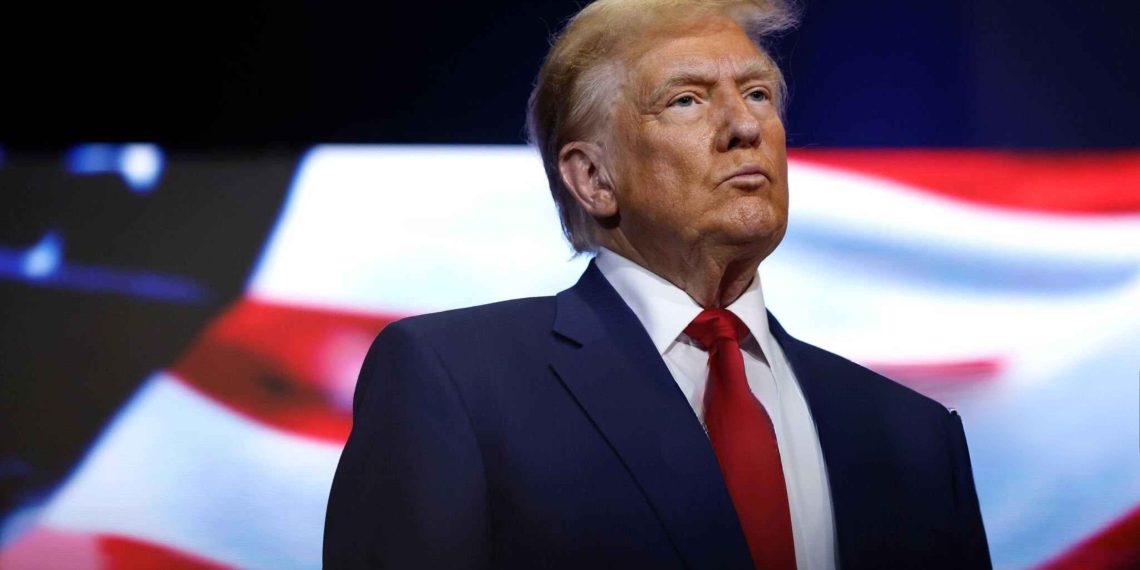In a rapidly evolving multipolar world, strategies of major powers influence global economic and political dynamics. Analyst Boris Mezhuyev, during a Moscow debate, outlined Donald Trump’s potential foreign policy axis: a direct confrontation with BRICS. This strategy could reshape global alliances and impact critical sectors like finance and cryptocurrencies.
Trump’s Vision Amid Multipolar Shifts
Speaking at a Moscow debate hosted by the Scientific Information Institute for Social Sciences of the Russian Academy of Sciences, political scientist Boris Mezhuyev highlighted Trump’s probable focus. He posited that Trump’s main adversary would not be Russia or China, but BRICS itself. “Trump’s strategy will likely aim to destabilize this coalition,” Mezhuyev stated, contrasting it with Biden’s focus on reinforcing Western alliances.
Mezhuyev predicted that Trump would prioritize dividing BRICS through a calculated focus on regions like Latin America and Southeast Asia. By exploiting internal divisions among BRICS nations, such as tensions between China, India, and Russia, Trump could hinder the bloc’s cohesion.
Global Repercussions for De-dollarization Efforts
This strategy could obstruct BRICS’s de-dollarization goals, including its plans for a unified currency. Targeting Brazil or amplifying member disputes could weaken financial initiatives within the bloc. BRICS members like China and Russia have advanced blockchain solutions to bypass economic sanctions. A divided BRICS could delay these efforts, reinforcing U.S. dominance over global financial transactions, including cryptocurrencies.
Implications for Cryptocurrencies and Global Power Balance
BRICS’s unity is critical to creating alternatives to Western-dominated financial systems. Trump’s envisioned strategy could disrupt these developments, yet it might also accelerate BRICS’s drive for resilience in blockchain and cryptocurrency adoption.
The outcome of this geopolitical clash could decide whether the world advances towards multipolarity or returns to U.S.-led unipolar dominance. As BRICS and the United States navigate this challenge, the global economic and political order hangs in the balance.





















